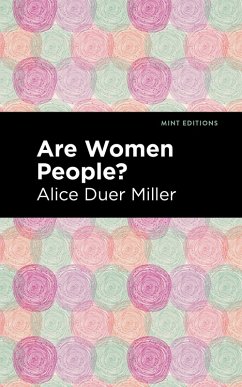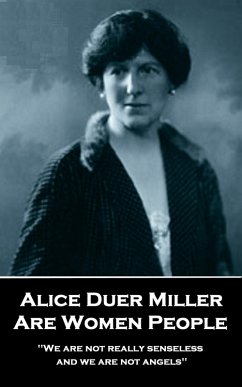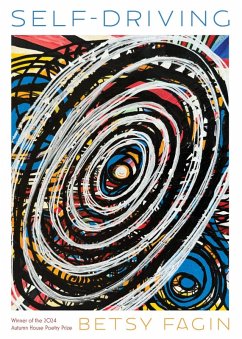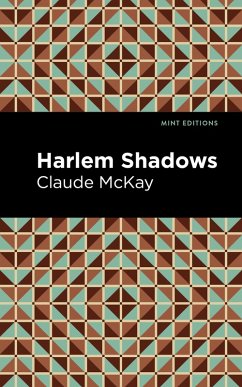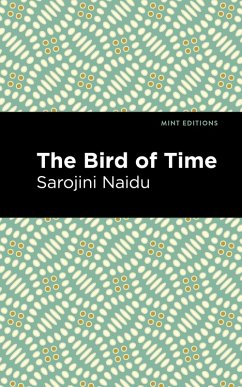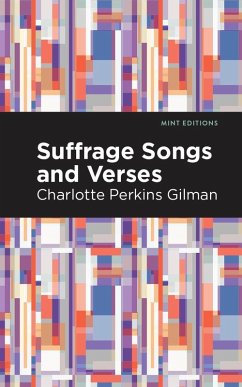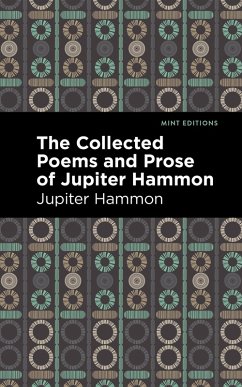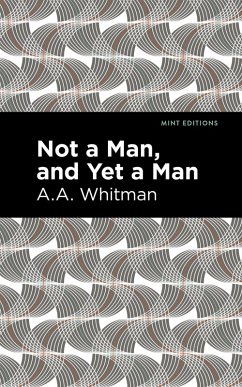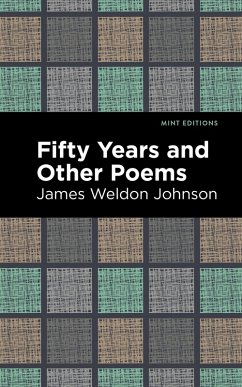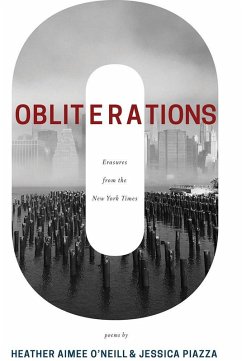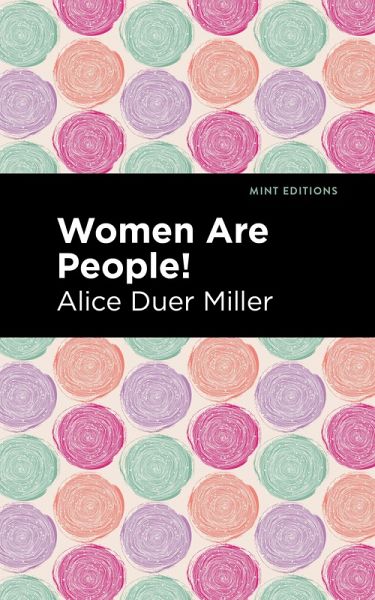
Women are People! (eBook, ePUB)

PAYBACK Punkte
2 °P sammeln!
Women Are People! (1917) is a collection of poems by Alice Duer Miller. Inspired by her work as an activist for women's suffrage, Miller published many of these poems individually in the New York Tribune before compiling them into this larger work. Focusing on the opposition of politicians and citizens alike, Miller makes a compelling and frequently hilarious case for the extension of voting rights to women across the nation. With her keen eye for hypocrisy and even keener ear for the rhythms of the English language, Alice Miller Duer crafts a poetry both personal and political. In "Liberty," ...
Women Are People! (1917) is a collection of poems by Alice Duer Miller. Inspired by her work as an activist for women's suffrage, Miller published many of these poems individually in the New York Tribune before compiling them into this larger work. Focusing on the opposition of politicians and citizens alike, Miller makes a compelling and frequently hilarious case for the extension of voting rights to women across the nation. With her keen eye for hypocrisy and even keener ear for the rhythms of the English language, Alice Miller Duer crafts a poetry both personal and political. In "Liberty," she lampoons the hypocrisy of men who praise the goddess of Liberty while denying women access to basic human rights: "O Liberty, how many men there are / Who do you honour in a flowing phrase, / In martial measures and in patriot lays, / Invoking you as a goddess and as star/ [...] / But when you first approach them, when you turn / On their pale eyes your eyes' unwavering light, / [...] / They fly before you, crying in their fright: / 'Arrest this wild-eyed jade! Police! Police!'" In these lighthearted lines, Miller satirizes the exclusion of women from American democracy. Succinctly and convincingly, with humor and with lyric grace, Miller makes her case for suffrage and the rights of women very clear. As she expresses in her ironic title, women are indeed people-despite the lengths to which they must repeatedly go to prove it. This edition of Alice Duer Miller's Women Are People! is a classic of American literature reimagined for modern readers.
Since our inception in 2020, Mint Editions has kept sustainability and innovation at the forefront of our mission. Each and every Mint Edition title gets a fresh, professionally typeset manuscript and a dazzling new cover, all while maintaining the integrity of the original book.
With thousands of titles in our collection, we aim to spotlight diverse public domain works to help them find modern audiences. Mint Editions celebrates a breadth of literary works, curated from both canonical and overlooked classics from writers around the globe.
Since our inception in 2020, Mint Editions has kept sustainability and innovation at the forefront of our mission. Each and every Mint Edition title gets a fresh, professionally typeset manuscript and a dazzling new cover, all while maintaining the integrity of the original book.
With thousands of titles in our collection, we aim to spotlight diverse public domain works to help them find modern audiences. Mint Editions celebrates a breadth of literary works, curated from both canonical and overlooked classics from writers around the globe.
Dieser Download kann aus rechtlichen Gründen nur mit Rechnungsadresse in A, D ausgeliefert werden.




